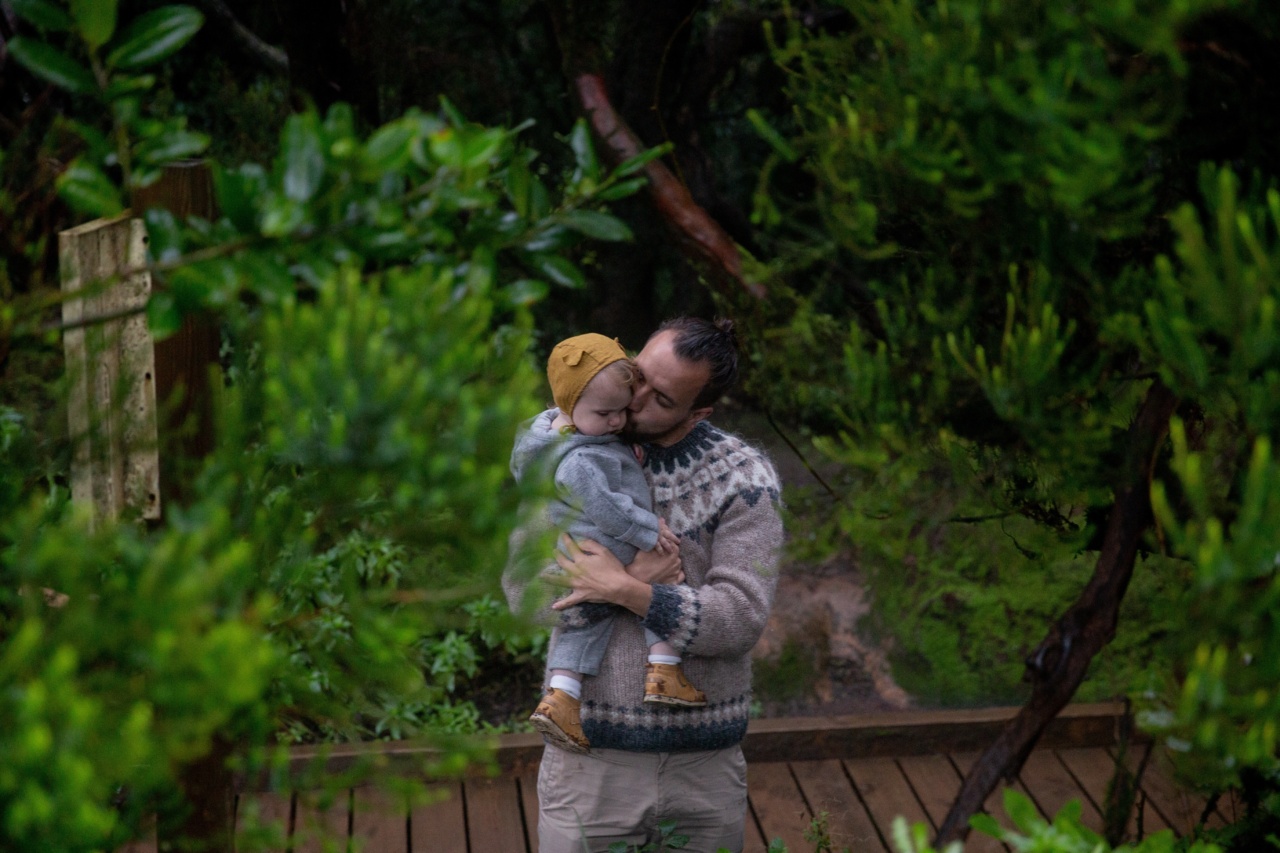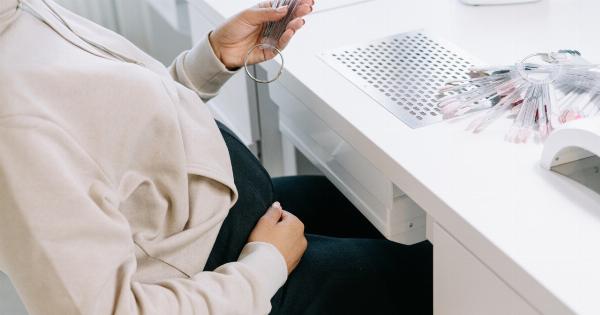As a parent, one of your top priorities is ensuring the safety and well-being of your baby. When it comes to protecting your little one from sunburn, taking the necessary precautions is crucial.
Babies have delicate and sensitive skin that is more susceptible to sun damage. With the right knowledge and tools, you can keep your baby safe and prevent painful sunburns. This ultimate guide will provide you with essential tips and strategies to protect your baby from sunburn.
Understanding Sunburn and Its Impact on Babies
Sunburn occurs when the skin is exposed to the sun’s ultraviolet (UV) rays for a prolonged period. Babies have thinner skin with less melanin, the pigment that provides some protection against the sun.
Therefore, they are more vulnerable to sunburn and its harmful effects. Sunburn not only causes immediate discomfort but also increases the risk of long-term damage, including an increased risk of skin cancer later in life.
Choosing the Right Sunscreen
Selecting the appropriate sunscreen for your baby is vital in protecting their delicate skin. Look for sunscreens specifically designed for infants, as they are usually formulated with gentler ingredients.
The sunscreen should have a sun protection factor (SPF) of at least 30 to provide adequate protection against harmful UV rays. It is also crucial to choose a broad-spectrum sunscreen that safeguards against both UVA and UVB rays.
Proper Application of Sunscreen
Learning how to apply sunscreen correctly is essential to ensure its effectiveness. Here are some important steps to follow:.
- Apply sunscreen generously to all exposed skin, including the face, ears, neck, and hands.
- Don’t forget to cover areas often overlooked, such as the tops of the feet and the back of the neck.
- Apply sunscreen at least 15 minutes before heading outdoors to allow it to fully absorb into the skin.
- Reapply sunscreen every two hours, or more frequently if your baby has been sweating or in water.
Protective Clothing and Accessories
In addition to sunscreen, dressing your baby in protective clothing is crucial to shield them from the sun’s harmful rays. Here are some important considerations:.
- Choose lightweight and breathable clothing that covers as much skin as possible.
- Opt for wide-brimmed hats that shade your baby’s face, neck, and ears.
- Use UV-protective sunglasses to shield your baby’s eyes from harmful UV rays.
- Seek shade whenever possible, especially during peak sun hours between 10 am and 4 pm.
Avoiding Direct Sun Exposure
Direct sun exposure should be limited, especially for babies under six months old. Their skin is highly sensitive, and excessive exposure to the sun can lead to sunburn and other complications.
Avoid outdoor activities during peak sun hours and look for shaded areas, such as under large trees or canopies. If shade is not readily available, create your own by using an umbrella or sunshade attachment for your stroller.
Stay Hydrated
When spending time in the sun, it’s essential to keep your baby well-hydrated. Offer them fluids regularly, whether it’s breast milk, formula, or water, depending on their age.
Dehydration can occur more quickly in hot weather, leading to additional risks and discomfort for your baby. Pack extra fluids when heading outdoors, and ensure you have easy access to clean water for mixing formula or preparing bottles.
Recognizing and Treating Sunburn
Despite taking necessary precautions, your baby may still experience sunburn. It’s crucial to know the signs and how to treat sunburn effectively:.
1. Redness and irritation: Sunburned skin becomes red, swollen, and tender to the touch.
2. Blisters: Severe sunburn may result in the formation of blisters, indicating second-degree burns.
3. Fever and fussiness: Your baby may become irritable and develop a mild fever as a result of sunburn.
If your baby experiences sunburn, take the following steps to provide relief:.
- Bring your baby indoors or into the shade immediately to prevent further sun exposure.
- Apply a cool compress to the affected areas to soothe the skin.
- Use a gentle moisturizer or aloe vera gel to hydrate and alleviate discomfort.
- Offer your baby extra fluids to prevent dehydration.
- If your baby experiences severe symptoms or blisters, seek medical attention promptly.
Consulting a Pediatrician
If you have any concerns or questions regarding your baby’s sun protection, it’s always best to consult their pediatrician. They can provide personalized advice and recommendations based on your baby’s specific needs.
Additionally, if your baby has a history of skin conditions, allergies, or sensitivities, consulting a pediatrician is essential to ensure you choose the most suitable sun protection measures.
Conclusion
Protecting your baby from sunburn requires a combination of sun safety measures, including sunscreen, protective clothing, and avoiding direct sun exposure.
By following the tips provided in this ultimate guide, you can safeguard your baby’s delicate skin from the sun’s harmful rays. Remember to take proactive steps to prevent sunburn and seek medical attention if your baby experiences any symptoms of severe sunburn. With the right precautions, you can ensure your baby enjoys the outdoors safely.





























